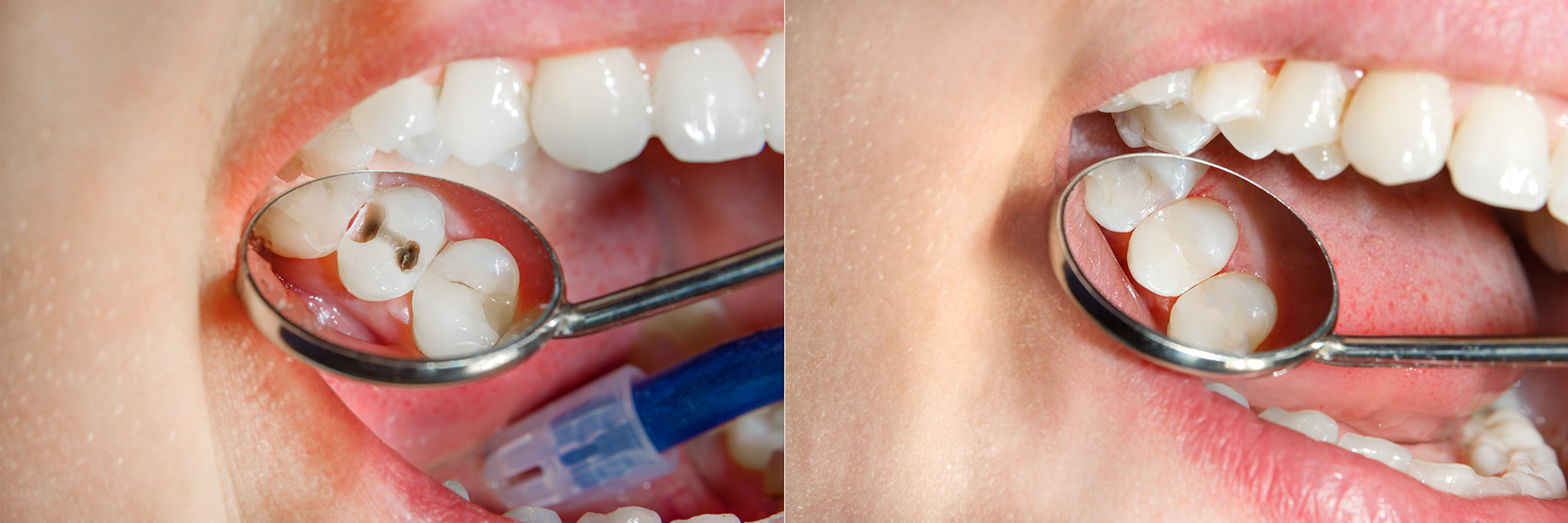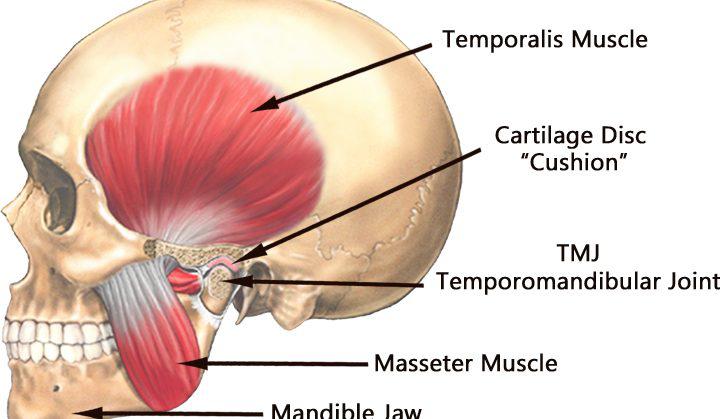Failing Dental Work
Why is your dental work failing? There are many causes of dental failure such as wear and tear over time, cavity beneath the filling, defective restoration, or just poor dentistry. However, the one cause that results in premature failure prior even restoring the tooth is the bite stability or lack thereof.

Bite stability involves the temporomandibular joint, the muscles of mastication, and the tooth in function. The joint connects our lower jaw, the mandible, to the temporary bone of out skull. There are 5 muscles that help the jaw move during function. The teeth are the stopping points during the chewing cycle. The instability comes when any of these 3 are not in the proper position.
 So what causes this unbalanced bite? Uneven fillings or crowns, chipped teeth or fractured teeth that are not restored, missing teeth, broken fillings not replaced, malocclusion, or genetically born with uneven bite. Sometimes it is also neurologic, as in your brain can’t figure out where your teeth are supposed to go.
So what causes this unbalanced bite? Uneven fillings or crowns, chipped teeth or fractured teeth that are not restored, missing teeth, broken fillings not replaced, malocclusion, or genetically born with uneven bite. Sometimes it is also neurologic, as in your brain can’t figure out where your teeth are supposed to go.
If the teeth cannot come together harmoniously and find its “home” when coming together, the muscles twitch, searching for a stable stopping point. This twitching can result in heavy clenching and grinding the teeth at night thus putting stress on your dentition, both natural teeth and those that have fillings. This cyclic stress causes excessive wear and tear. Overloading on the teeth and restorations contributes to the premature failure of dental restorations and the cycle continues until the bite is restored and muscles returned to its proper muscle resting length.
If this unbalanced bite is not addressed, damage to the joint or TMJ can follow. One can also experience headaches, earaches, difficulty opening and closing, popping, and clicking, or painful jaw muscles.
Can an unbalanced bite be prevented? Yes it can. It starts with maintaining your teeth and trying to save every tooth and to start early as possible. If a tooth is not save-able, there are other options such as implants or fixed bridges to restore missing teeth.
The regular check-ups and cleanings are what allow dentists to maintain, evaluate, and diagnose problems early on. Have you seen your dentist in the last 6 months? If not, you are due for your dental check-up.
If you have any further questions, don’t hesitate to give us a call at (619) 582-5380 to schedule your next appointment with our office!
- Dr. Torculas
